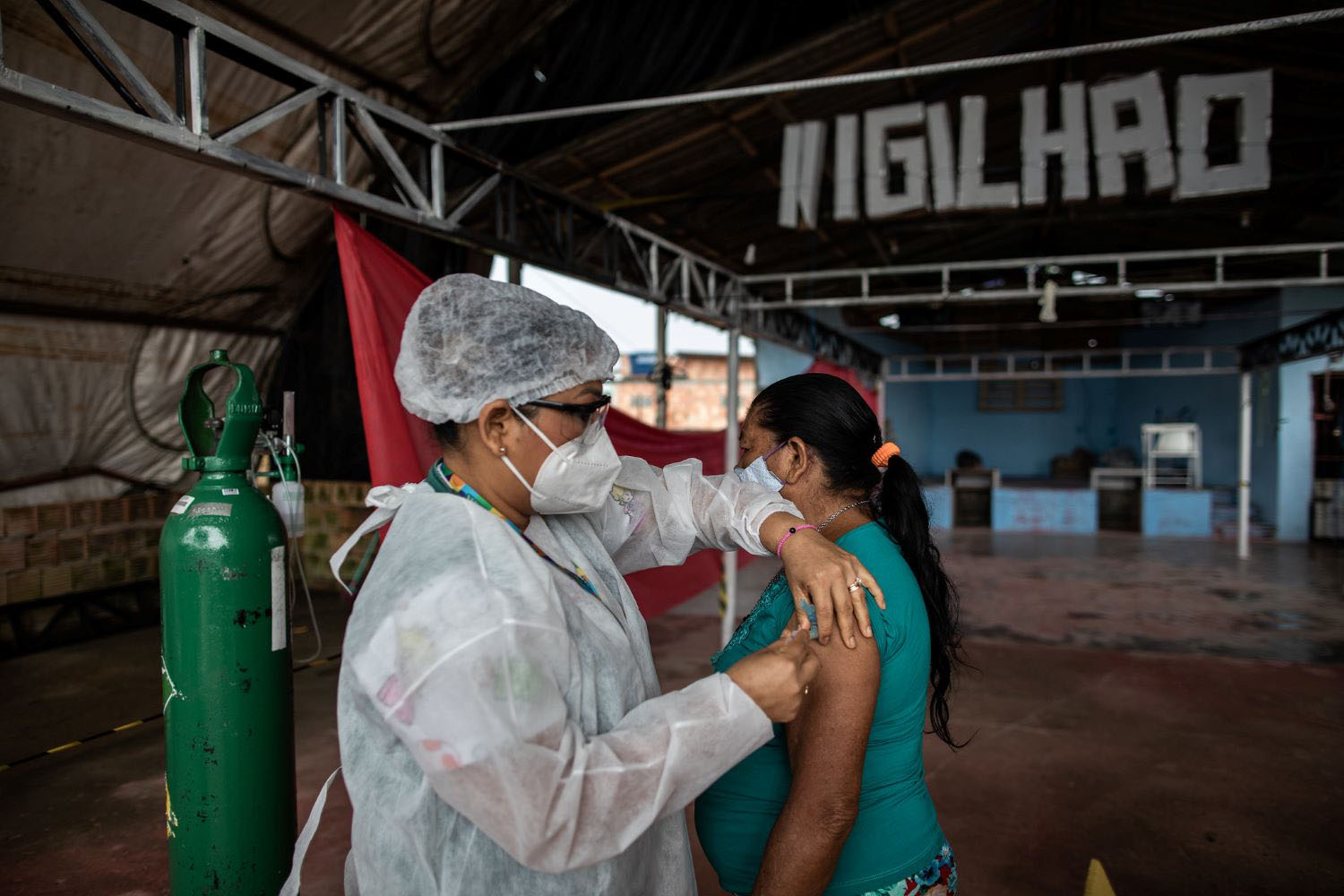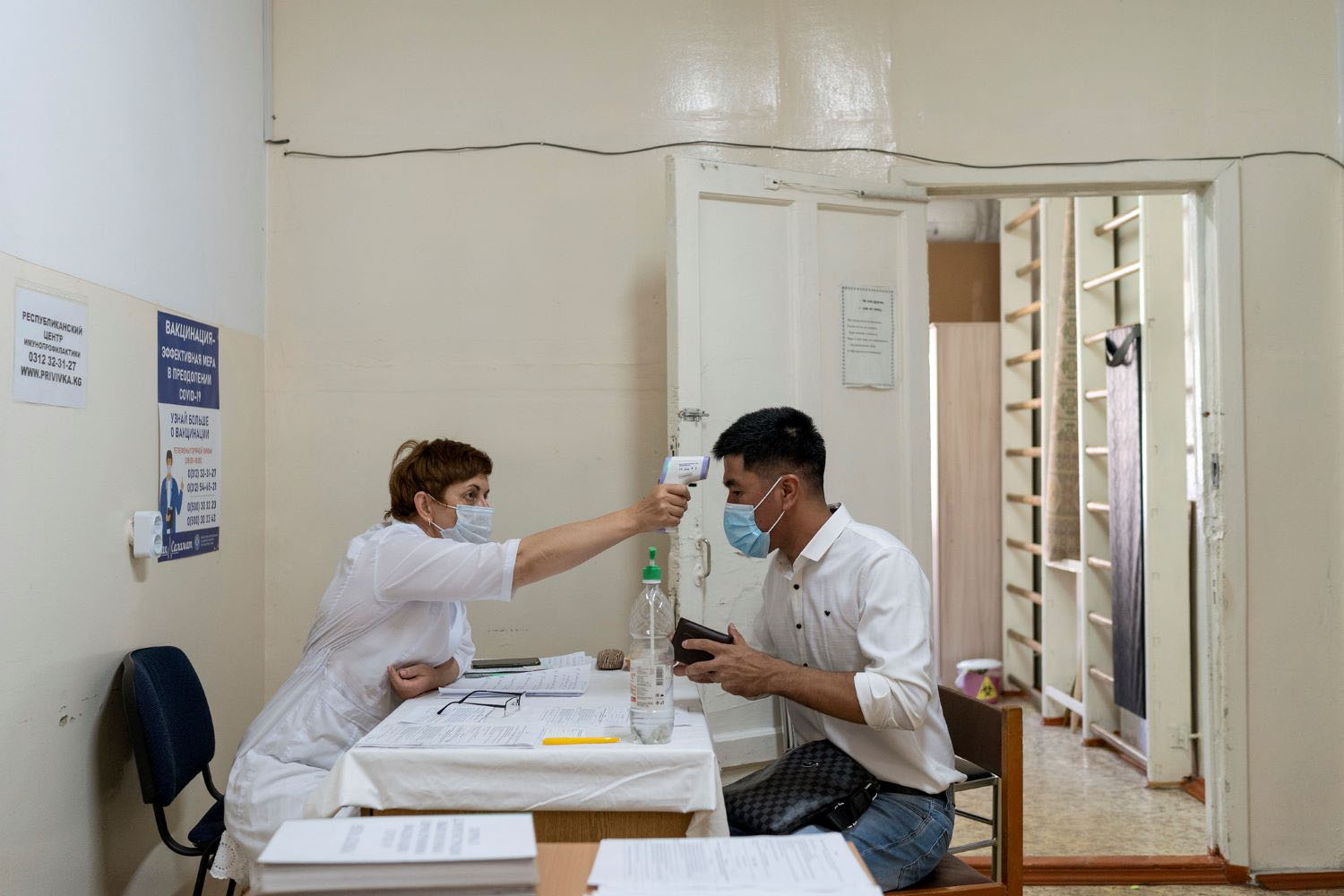There is a proven effective way to save the lives of children, even in very poor countries. The international program of childhood vaccination already saves about 3 millions lives a year. It has been one of the most important contributions to improving health across the world in the 20th Century.Yet more than 4 million lives a year are still lost to diseases for which vaccines are either available, or will be in the next few years. (See the table here.) Children in poor countries die because they are not getting immunized with vaccines that we in rich countries take for granted.Aid for vaccination is a very cheap and effective way to help people in poor countries. It costs less for each life saved than almost any other way we know to help. Heroic health workers get vaccines to children in very remote parts of our world, so that about 80 percent of the world's children now get a basic vaccination (diphtheria, tetanus and pertussis).With more money, health systems can be strengthened and extended, and more vaccines can be bought. And so we can immunize more children, sparing the next generation from avoidable disability or premature death. The announcement today by Gordon Brown, the UK Finance Minister, of the International Finance Facility for Immunization (IFFIm) offers a breakthrough to enable this to happen. The $4 billion program will be used by the Global Alliance for Vaccines and Immunisation (GAVI), set up in 2000 to bring together UNICEF, the World Health Organisation, the World Bank, NGOs and vaccine manufacturers to improve access to underused vaccines and speed up the development and introduction of new vaccines in poorer countries. IFFIm will be funded by the Governments of the UK, France, Italy, Spain and Sweden. The Gates Foundation will contribute through the Vaccine Fund. IFFIm will finance immunization in 72 of the poorest countries, saving the lives of 5 million children and protecting another 5 million as adults.An important feature of this program is that the funding is committed in advance. This enables GAVI to use the money more efficiently to buy vaccines and invest in health systems. It also enables the benefits of the program to be brought forward, and so increases the overall impact on health. An independent analysis by Owen Barder at the Center for Global Development and Ethan Yeh at Berkeley, which will be published shortly, finds that committing the funds in advance, as proposed by the donors to IFFIm, can increase the effectiveness of spending on vaccines by as much as 25 percent, even taking into account the financing costs of doing so.
CGD blog posts reflect the views of the authors, drawing on prior research and experience in their areas of expertise.
CGD is a nonpartisan, independent organization and does not take institutional positions.





